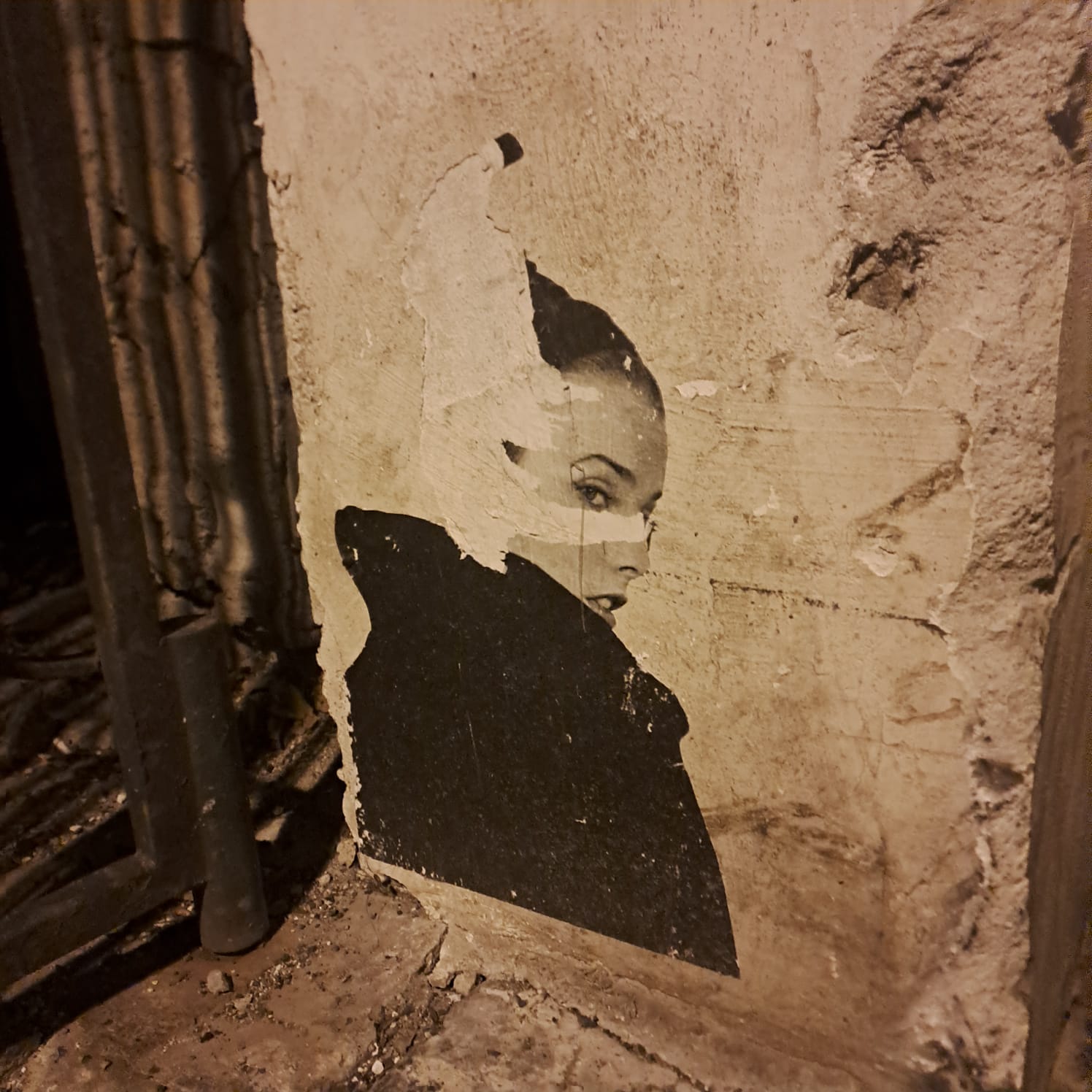It's been a difficult, loaded year for my family (as an extended, blubbery whole), with far too many hospitalizations, deaths, and unpleasant surprises. Talking on the phone just now with my cousin, she struck me by noting the above.
Time doesn't wait.
What do I do with death?

My cousin sees it as a call to faith. To be fair, she does most things, and while I don't know if for me, it's a call to religion necessarily, I do see the sense in examining tragedy beyond a mere surface level. It's tragic when somebody dies, loses a part of themselves, is somehow forever altered, but it's also filled with potential.
For certain, I see how illness has brought my family closer in ways over the past year that I wouldn't have anticipated. I keep coming back to "who would've thought", in the sense of "who knew it would come to this?".
If you knew you would arrive here - dying on an alien shore, surrounded by almost-strangers, losing limbs, burying people you never thought you'd bury - if we knew, would any of us have behaved differently? Last summer, but also in the last twenty years.
We keep thinking there's all this wealth of time, but there isn't, really. The opportunities you once believed you would have endlessly disappear from grasp at the drop of a hat. And that, also, is a tragedy worth considering.
Tragedy, perhaps, isn't the final form of the equation. Perhaps the final form is an invitation to transform. We get so caught up in the way things unfold naturally around that we forget how active we are, as participants, or at least can be. Death serves to remind you of that. That all the ways in which you are staying in a situation, a relationship, a place, a job, a stalemate, a resentment, all of these are elective. You are in charge more than you realize, and frankly, more than any of us like to know.
We're prone to letting life happen to us, when maybe what we should be asking is, how are we happening through life? The choice is yours. The consequences of making a wrong choice will be dire.
Of course, there's no knowing the future. There's no way to know, for instance, the plane you get on will crash, and is it your fault you didn't stay home? Not really. But these are extraordinary cases. Often, we know, we're more involved than we admit (perhaps even to ourselves).
Letting weeks pass us by without reaching out to a loved one is elective. Saying yes out of sheer complacency when you know you'd be better served if you said no is also elective. Betraying yourself in how you speak, how you act and whom you share your life with is a choice.
I'm very much a proponent of a "no regrets" kind of life - because what's the point? At the same time, that doesn't mean I'm a proponent of "no lessons". If it's up to me, I'll try not to regret what I've done, but I also won't sweep it under the rug. I will let the things that wash over me show me something, both the mistakes in my life, and the tragedies that come to those around me.
I wrote some weeks ago on the awkwardness of holding the dead accountable, but alas, it's in my nature. I would be lying if I claimed the bearers of these tragedies (ourselves included) bore no responsibility.
Loneliness, illness, tragic loss have all come to my family as a consequence, not as a happenstance, not as a fate being visited upon us, but as one we are actively involved in shaping.
Time doesn't wait.
I must make sure, then, I don't linger in places that are not for me, or lose touch with people I would rather keep close. Most of all, I must make sure I don't simply assume life will unravel around me and that I am helpless to affect it, because I am not.
My cousin and I are still at an age where we are learning how to deal and interact with death. It is still a novelty that seems quite far removed from our personal existence. At this stage, we can choose to traverse a difficult period, be momentarily shocked, then end up in the same place, as people often will during tragedy. We often say death reminds you of what truly matters, but six months later, we somehow rebecome amnesiacs.
Or we could strive to never fully leave being this memory, to remind ourselves actively, perhaps at the cost of some discomfort, and maybe lead fuller lives as a result. To assume we ourselves won't die simply because we're young would be foolhardy, but what we can reasonably assume is that we'll live lives that we're content with, and about which we can, in the spirit of Hunter Thompson, look back on and say "what a ride".
It won't be a given assumption, but one of active effort. But we can make it.
https://youtu.be/P9YPPtG4e0A?list=RDP9YPPtG4e0A